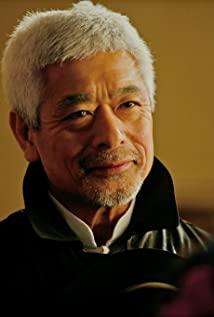First of all, I think it should be attributed to the ideological brainwashing and the propaganda of Bushido spirit, which made these samurai deeply believe that it is an honor to humiliate the subject and kill himself. However, ancient Chinese Confucianism also contained the content of loyalty to the emperor and patriotism, but it was rare for such guards and family members to die generously for the head of the family. The body is loyal, so ideological education alone is not enough.
Secondly, Japan is only an island country with a small area and frequent natural disasters. It will form a unique island country culture that is different from the mainland culture. It is mainly reflected in the fact that people take life and death lightly, and have the concept of pleasure in life, which is not like ancient China. There are many ethical and moral constraints, so there will be a relatively primitive phenomenon of genital worship, and the concept of family clan is relatively weak, so they can abandon their wives and children and kill themselves for honor. In traditional Chinese culture, "self-cultivation and family-level peace", "to help the world at the same time, and poor to protect oneself" are to put oneself and the family in a more important position, and the requirements for low-level people are not high.
Another point is that although Japan is a unified country, the lords of each territory have great independence, and the samurai they have are only loyal to the lord. Unlike China, the object of everyone's allegiance can only be the emperor. There are many tragic and solemn deeds of warriors in the Spring and Autumn Period and the Warring States Period. The deeds of the six assassins recorded in "Historical Records: Assassin Biography" show the staunchness of "scholars die for those who are confidants", but after the unification of arrogance, these spirits were lost .
View more about 47 Ronin reviews











